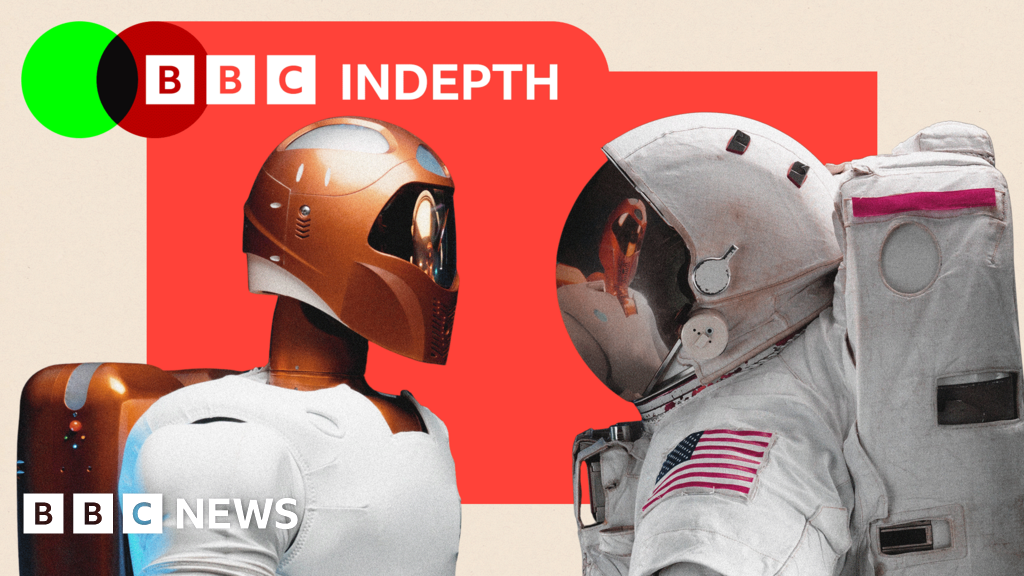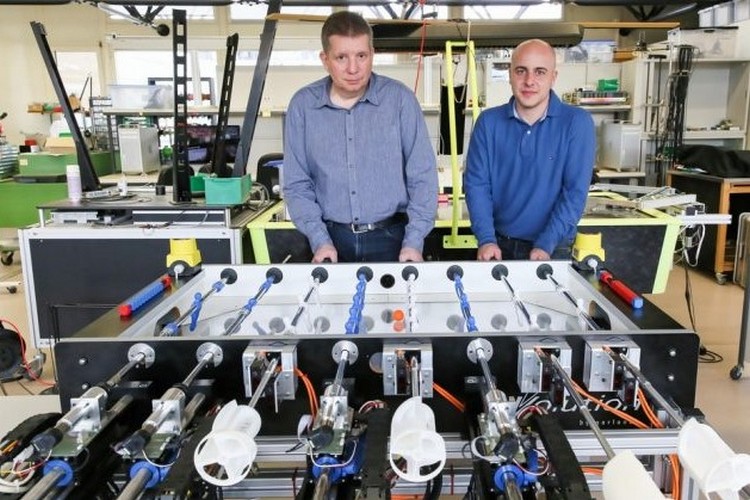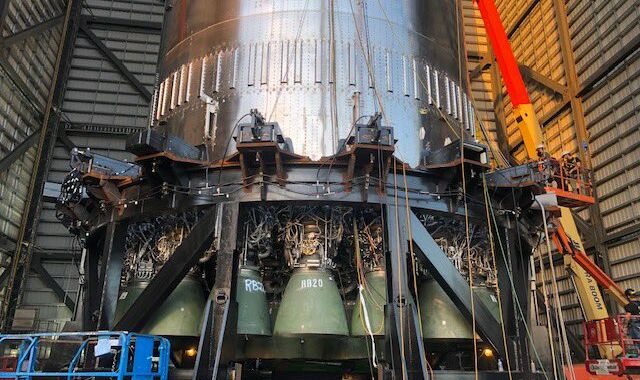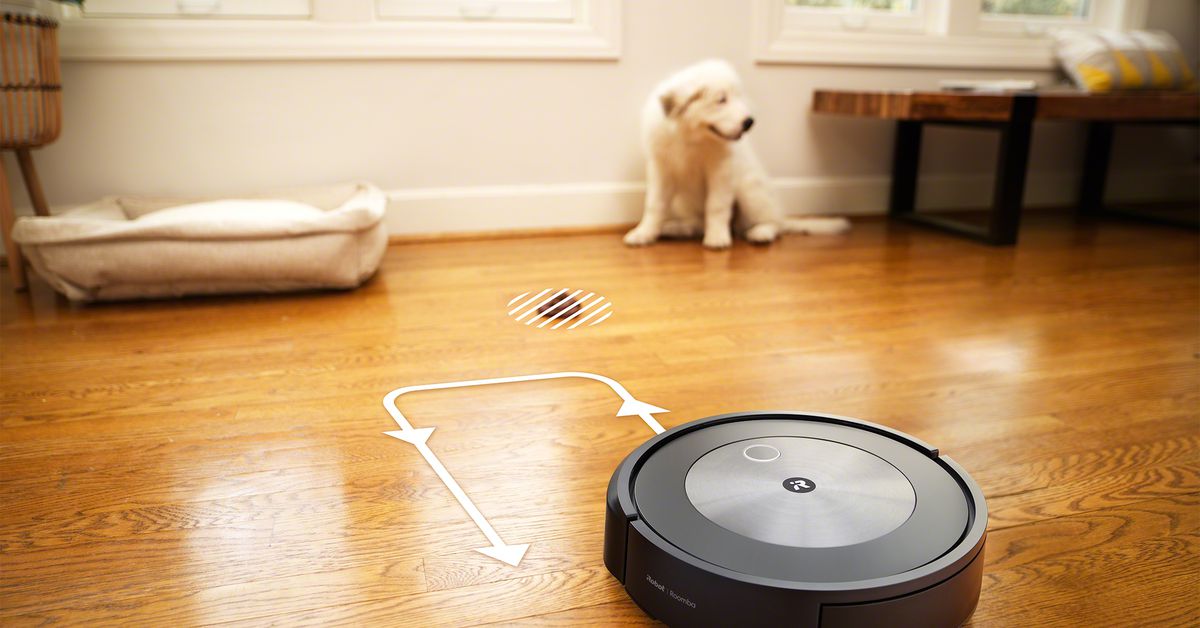
Could AI robots replace human astronauts in space?
On Christmas Eve, an autonomous spacecraft flew past the Sun, closer than any human-made object before it. Swooping through the atmosphere, Nasa's Parker Solar Probe was on a mission to discover more about the Sun, including how it affects space weather at Earth.
This was a landmark moment for humanity – but one without any human directly involved, as the spacecraft carried out its pre-programmed tasks by itself as it flew past the sun, with no communication with Earth at all.
Robotic probes have been sent across the solar system for the last six decades, reaching destinations impossible for humans. During its 10-day flyby, the Parker Solar Probe experienced temperatures of 1000C.
But the success of these autonomous spacecraft – coupled with the rise of new advanced artificial intelligence – raises the question of what role humans might play in future space exploration.
"Robots are developing fast, and the case for sending humans is getting weaker all the time," says Lord Martin Rees, the UK's Astronomer Royal. "I don't think any taxpayer's money should be used to send humans into space."





















